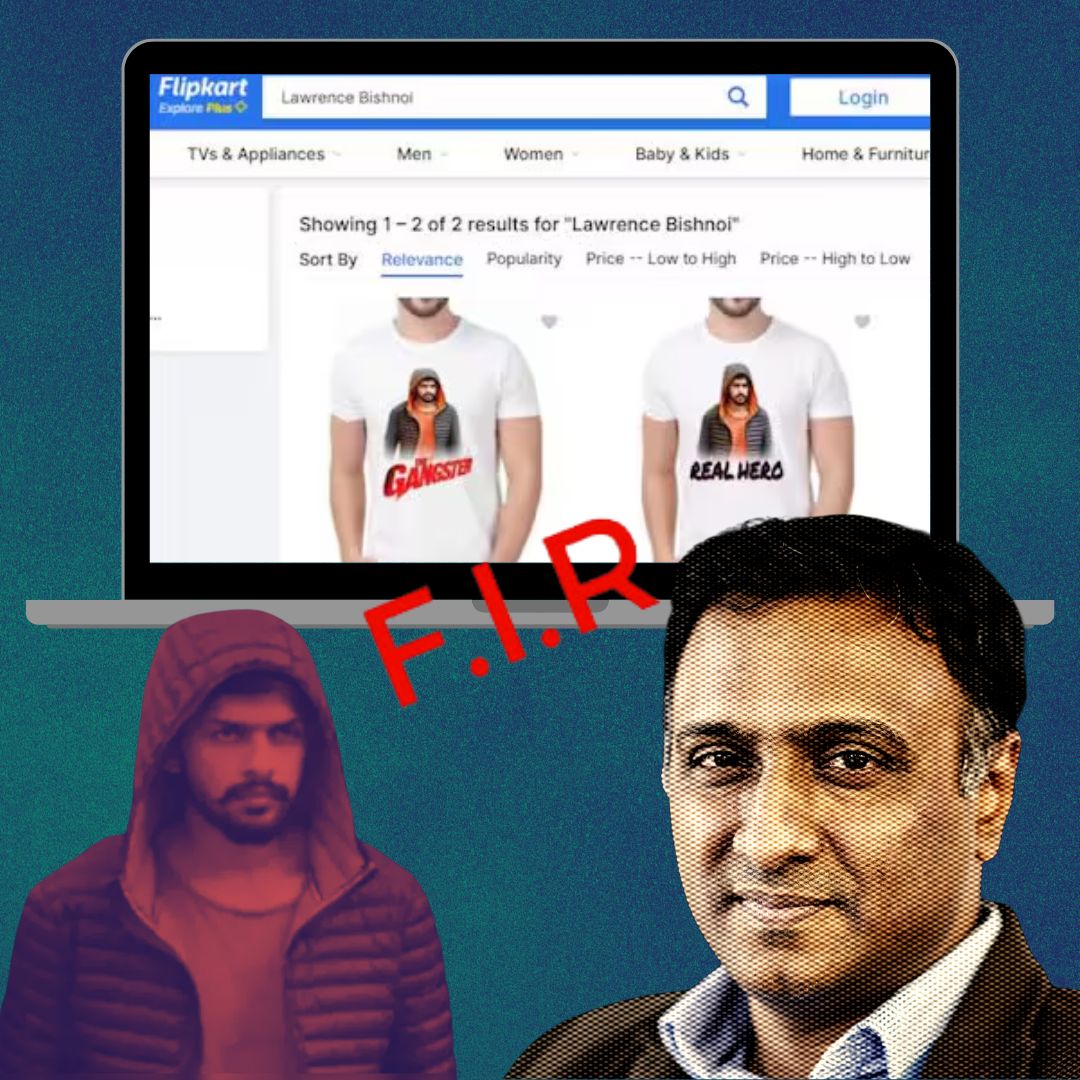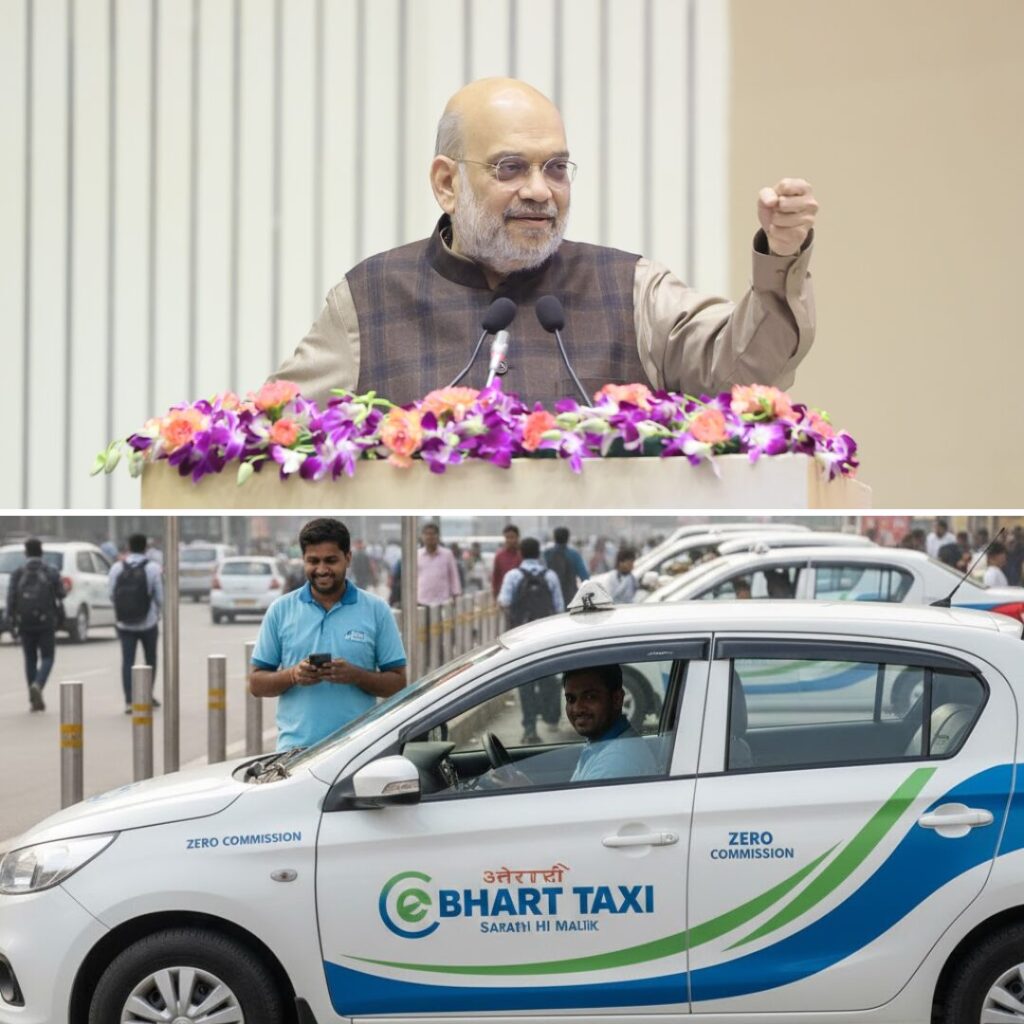On November 7, 2024, the Maharashtra cyber police filed an FIR against several e-commerce platforms, including Flipkart, AliExpress, and Etsy, for selling T-shirts that feature images and quotes glorifying notorious criminals Lawrence Bishnoi and Dawood Ibrahim. This action follows significant public outcry on social media, where users condemned the sale of such merchandise as harmful to societal values. The FIR cites multiple sections of the Bharatiya Nyaya Sanhita and the Information Technology Act, underscoring the authorities’ commitment to combating the idolisation of crime. Companies are expected to respond to the allegations as investigations proceed.
E-Commerce Platforms Under Fire
On November 7, 2024, the Maharashtra Cyber Department registered a case against several online marketplaces for selling T-shirts depicting gangsters Lawrence Bishnoi and Dawood Ibrahim. One T-shirt showcased a quote attributed to Dawood: “Dum awaaz me nahi alfaaz me hona chahiye” (The power lies not in the force of speech, but in the force of words). A police official stated, “Such products idolising criminal figures pose a risk by promoting a distorted image that could influence young minds negatively.” Following public backlash on November 5, when users on social media highlighted these listings, Meesho removed similar products from its site and expressed its commitment to providing a safe shopping experience. Flipkart and other platforms have yet to issue formal statements regarding their involvement in this controversy.

Background Context of Criminal Activity
The sale of these T-shirts occurs amid increasing scrutiny of how crime is portrayed in popular culture. Lawrence Bishnoi’s gang has been linked to high-profile crimes, including the murder of Punjabi singer Sidhu Moose Wala and threats against Bollywood actor Salman Khan. Dawood Ibrahim remains one of India’s most wanted criminals, notorious for his involvement in terrorism and organised crime. The Maharashtra Cyber Department’s investigation highlights concerns about societal values and the messages conveyed to youth through merchandise that glorifies criminal lifestyles.

Public Reaction
Social media has erupted with criticism over these products, with users calling for accountability from e-commerce platforms. One Twitter user remarked, “Selling T-shirts with images of criminals sends a dangerous message to our youth.” Influencers have also joined in, urging brands to reconsider their merchandise offerings and promote positive role models instead. The backlash intensified following reports on November 5 that revealed these listings on various platforms.
The Logical Indian’s Perspective
At The Logical Indian, we firmly believe that glorifying criminality through merchandise undermines societal values and can have detrimental effects on youth. E-commerce platforms must take responsibility for their product offerings and ensure they do not contribute to a culture that idolises crime. It is essential to foster positive role models and promote messages of empathy and kindness. How can we collectively work towards ensuring our cultural landscape does not celebrate criminality but uplifts constructive values? We encourage our readers to share their thoughts on this pressing issue and engage in meaningful dialogue.












